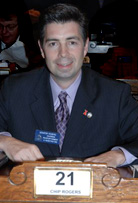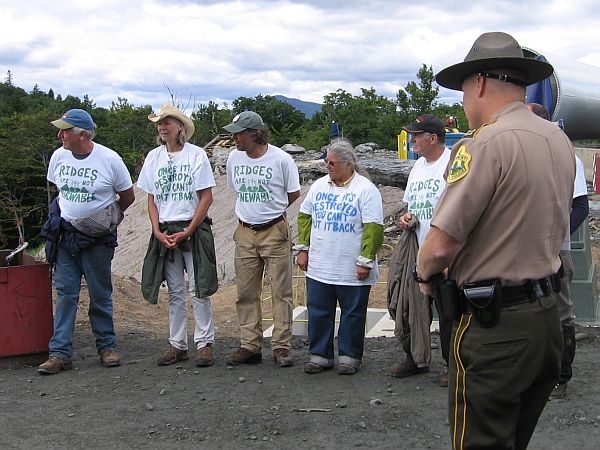 It’s good to see someone trying a coordinated strategy for something good in multiple states, as Our Children’s Trust is doing for air as a public trust.
It’s good to see someone trying a coordinated strategy for something good in multiple states, as Our Children’s Trust is doing for air as a public trust.  We already knew going to multiple states at once works, because ALEC, the American Legislative Exchange, gets reactionary results that way.
We already knew going to multiple states at once works, because ALEC, the American Legislative Exchange, gets reactionary results that way.
-
 for private prisons
for private prisons -
 against renewable energy
against renewable energy -
 for charter schools imposed by the state that would send far more taxpayer dollars per pupil to privatized schools than to public schools,
for charter schools imposed by the state that would send far more taxpayer dollars per pupil to privatized schools than to public schools, -
 and for Stand Your Ground laws like the one the killer of Trayvon Martin is hiding behind.
and for Stand Your Ground laws like the one the killer of Trayvon Martin is hiding behind.
- shopping laws
- to many states
- through “our state legislators”.
 So once again, it’s refreshing to see somebody successfully try multiple states for something worthwhile!
So once again, it’s refreshing to see somebody successfully try multiple states for something worthwhile!
The above ALEC projects are just some I’ve run across while researching local topics.
 It often seems as if every rock I turn over has the ALEC millipede scurrying around under it. Far more about ALEC is available through ALEC Exposed.
It often seems as if every rock I turn over has the ALEC millipede scurrying around under it. Far more about ALEC is available through ALEC Exposed.
ALEC Exposed has a list of companies that have dumped ALEC recently. Georgia Power’s parent The Southern Company and UPS are still not on that list. You can help. Let them know you want them to dump ALEC!
-jsq















